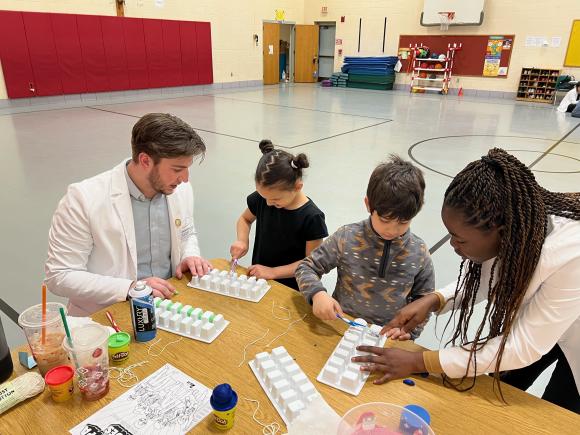
The Bachelor of Science in Health Sciences with a Community Health concentration provides a strong foundation in health sciences while focusing on community-based healthcare. Students complete core courses in healthcare practice, human assessment, medical ethics, research methods, and public health interventions, ensuring they develop essential skills in evidence-based practice and ethical decision-making.
The Community Health concentration allows students to tailor their coursework to career goals, whether entering the workforce or pursuing graduate studies. Required classes cover biology, anatomy, grant writing, and physical activity science, with electives in areas like chemistry, gerontology, psychology, and medical anthropology. Graduates are prepared for roles in public health, nonprofit organizations, healthcare advocacy, and wellness programs, addressing health challenges in diverse communities.





